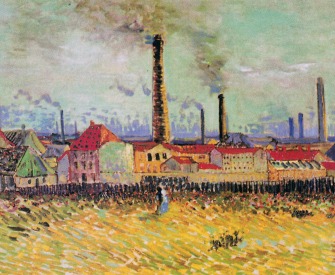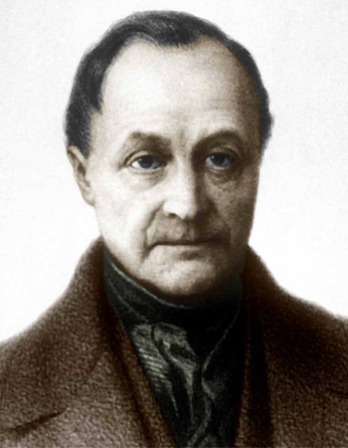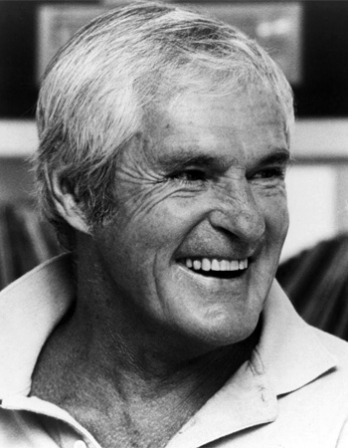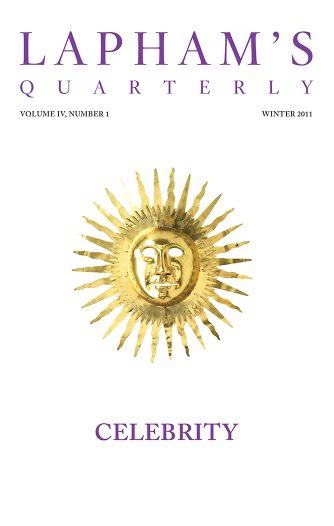The mind of man is capable of anything.
—Guy de Maupassant, 1884Natural Order
Ralph Waldo Emerson plants a seed in the mind.
The first in time and the first in importance of the influences upon the mind is that of nature. Every day, the sun; and after sunset, night and her stars. Ever the winds blow; ever the grass grows. Every day, men and women, conversing, beholding and beholden.
The scholar is he of all men whom this spectacle most engages. He must settle its value in his mind. What is nature to him? There is never a beginning, there is never an end, to the inexplicable continuity of this web of God, but always circular power returning into itself. Therein it resembles his own spirit, whose beginning, whose ending, he never can find—so entire, so boundless. Far too as her splendors shine, system on system shooting like rays, upward, downward, without center, without circumference—in the mass and in the particle, nature hastens to render account of herself to the mind. Classification begins. To the young mind, everything is individual, stands by itself. By and by, it finds how to join two things and see in them one nature; then three, then three thousand; and so, tyrannized over by its own unifying instinct, it goes on tying things together, diminishing anomalies, discovering roots running underground, whereby contrary and remote things cohere and flower out from one stem. It presently learns that, since the dawn of history, there has been a constant accumulation and classifying of facts. But what is classification but the perceiving that these objects are not chaotic, and are not foreign, but have a law which is also a law of the human mind? The astronomer discovers that geometry, a pure abstraction of the human mind, is the measure of planetary motion. The chemist finds proportions and intelligible method throughout matter; and science is nothing but the finding of analogy, identity, in the most remote parts. The ambitious soul sits down before each refractory fact; one after another, reduces all strange constitutions, all new powers, to their class and their law, and goes on forever to animate the last fiber of organization, the outskirts of nature, by insight.
Thus to him, to this schoolboy under the bending dome of day, is suggested that he and it proceed from one root; one is leaf and one is flower; relation, sympathy, stirring in every vein. And what is that root? Is not that the soul of his soul? A thought too bold; a dream too wild. Yet when this spiritual light shall have revealed the law of more earthly natures—when he has learned to worship the soul, and to see that the natural philosophy that now is, is only the first gropings of its gigantic hand, he shall look forward to an ever-expanding knowledge as to a becoming creator. He shall see that nature is the opposite of the soul, answering to it part for part. One is seal, and one is print. Its beauty is the beauty of his own mind. Its laws are the laws of his own mind. Nature then becomes to him the measure of his attainments. So much of nature as he is ignorant of, so much of his own mind does he not yet possess. And, in fine, the ancient precept “Know thyself” and the modern precept “Study nature” become at last one maxim.

Ralph Waldo Emerson
From “The American Scholar.” One of more than fifteen hundred lectures Emerson gave in his lifetime, this address to Harvard’s Phi Beta Kappa Society was initially met with some hostility when it was delivered on the last day of August 1837; Emerson’s principled exhortations to intellectual self-reliance criticized many familiar faces in the audience. After giving a controversial talk at Harvard Divinity School the following year, Emerson was not invited back to speak at his alma mater for three decades.




